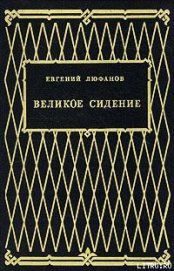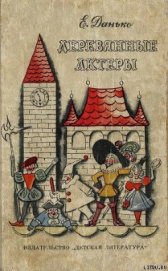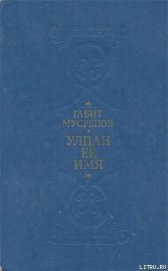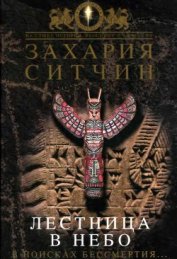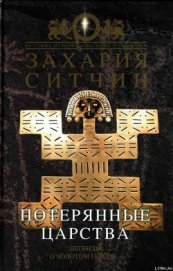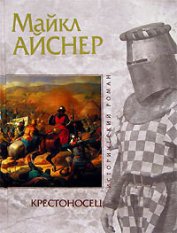Выбрать книгу по жанру
- Фантастика и Фэнтези
- Детективы и Триллеры
- Проза
- Приключения
- Детские
- Поэзия и драматургия
- Старинная литература
- Научно-образовательная
- Компьютеры и Интернет
- Справочная литература
- Документальная литература
- Религия и духовность
- Юмор
- Дом и Семья
- Деловая литература
- Жанр не определен
- Техника
- Прочее
- Драматургия
- Фольклор
- Военное дело
Поиск по метке: "Историческая проза", страница 2
Книга царств
-
Автор: Люфанов Евгений Дмитриевич
-
Жанр: Историческая проза
-
Дата добавления: 18/03/2015
-
Языки книги: Русский
-
Кол-во страниц: 65
-
Просмотров: 604
Деревянные актёры
-
Автор: Данько Елена Яковлевна
-
Жанр: Историческая проза
-
Дата добавления: 18/03/2015
-
Языки книги: Русский
-
Кол-во страниц: 44
-
Просмотров: 702
Улпан ее имя
-
Автор: Мусрепов Габит Махмудович
-
Жанр: Историческая проза
-
Дата добавления: 18/03/2015
-
Языки книги: Русский
-
Кол-во страниц: 70
-
Просмотров: 510
Лестница в небо. В поисках бессмертия
-
Автор: Ситчин Захария
-
Жанр: Религиоведение Эзотерика Историческая проза Культурология История
Серия : Хроники Земли
-
Дата добавления: 18/03/2015
-
Языки книги: Русский
-
Кол-во страниц: 73
-
Просмотров: 1007
Потерянные царства
-
Автор: Ситчин Захария
-
Жанр: Историческая проза Эзотерика Религиоведение Культурология История
Серия : Хроники Земли
-
Дата добавления: 18/03/2015
-
Языки книги: Русский
-
Кол-во страниц: 66
-
Просмотров: 918
Долгая ночь
-
Автор: Абашидзе Григол Григорьевич
-
Жанр: Историческая проза
-
Дата добавления: 18/03/2015
-
Языки книги: Русский
-
Кол-во страниц: 97
-
Просмотров: 532
Лашарела
-
Автор: Абашидзе Григол Григорьевич
-
Жанр: Историческая проза
-
Дата добавления: 18/03/2015
-
Языки книги: Русский
-
Кол-во страниц: 76
-
Просмотров: 526
Крестоносец
-
Автор: Айснер Майкл Александр
-
Жанр: Исторические приключения
-
Дата добавления: 19/03/2015
-
Языки книги: Русский
-
Кол-во страниц: 79
-
Просмотров: 873
Imperium
-
Автор: Харрис Роберт
-
Жанр: Историческая проза
-
Дата добавления: 19/03/2015
-
Языки книги: Английский
-
Кол-во страниц: 84
-
Просмотров: 612
Астролог
-
Автор: Алданов Марк Александрович
-
Жанр: Историческая проза
-
Дата добавления: 19/03/2015
-
Языки книги: Русский
-
Кол-во страниц: 9
-
Просмотров: 649
Бегство
-
Автор: Алданов Марк Александрович
-
Жанр: Историческая проза
Серия : Трилогия
-
Дата добавления: 19/03/2015
-
Языки книги: Русский
-
Кол-во страниц: 84
-
Просмотров: 689
Бельведерский торс
-
Автор: Алданов Марк Александрович
-
Жанр: Историческая проза
-
Дата добавления: 19/03/2015
-
Языки книги: Русский
-
Кол-во страниц: 9
-
Просмотров: 585

